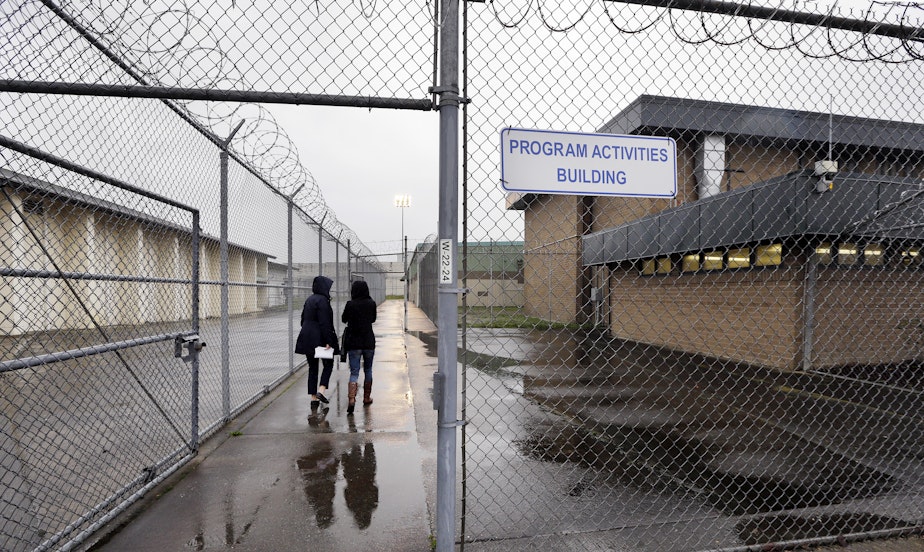The financial penalties of our criminal justice system

What does the state of Washington owe people who were convicted under a drug possession law that's been overturned? Plus, why a heartwarming story about a police dog might not be so heartwarming, and a look at the industry of police moonlighting.
Individual segments are available in our podcast stream or at www.kuow.org/record.
The financial penalties of our criminal justice system
A couple of months ago the state supreme court ruled a drug possession statute was unconstitutional. Now the state is contemplating throwing out tens of thousands of convictions stretching back decades. But what about the financial penalties that convicted people paid? Bill Radke asked University of Washington sociologist Alexes Harris, author of the book “A pound of flesh: monetary sanctions as a punishment for the poor.”
How the city of Kent is helping local businesses
The American Rescue Plan will send over a billion dollars directly to cities in Washington State. The city of Kent is trying to use federal relief money in new ways. KUOW’s Joshua McNichols has more on how those efforts are working out on one of the city’s main streets.
How a K9 donation page landed Thurston County sheriff's deputies in hot water
A few months ago, a police dog named Arlo was shot on the job near Olympia. So deputies set up a go-fund-me page. The things is, no one had mentioned that Arlo was not shot by the suspect he'd been chasing. He was shot by Thurston County sheriff's deputies. Olympian reporter Martín Bilbao told the story
How shelter space is keeping people from getting inside
More people than ever are living outside around Seattle. A recent survey shows a 50% increase in tents since the pandemic began. KUOW’s Casey Martin reports the city - and activists - are trying to get some of those people inside, but there may just not be enough room.
Sponsored
Why doesn't Seattle monitor police moonlighting?
Police officers often moonlight when they're off duty, they work traffic or they're security guards. Moonlighting isn't new. But it comes at a price, and it's usually regulated. The Seattle Times reports, the city of Seattle doesn't do much regulating. Bill Radke spoke to Seattle Times Investigative reporter Daniel Gilbert about the report.




